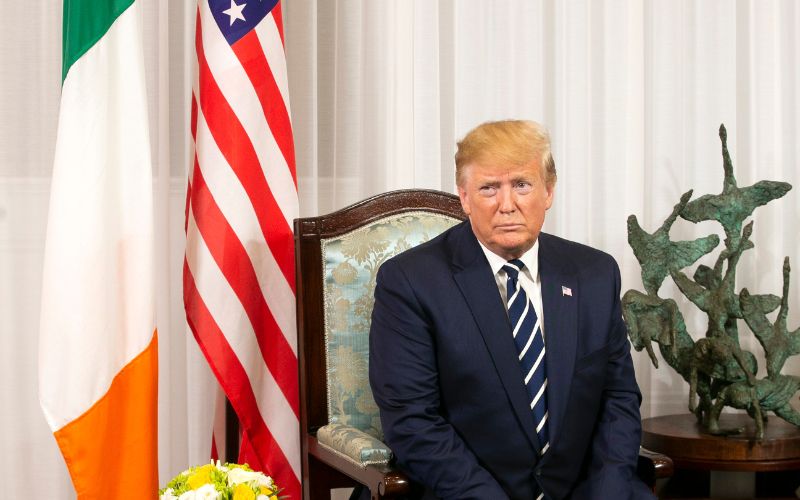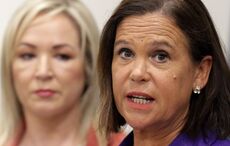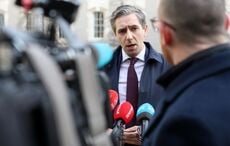Three British soldiers will be called for the first time to give evidence in person to an inquiry into the deaths of 10 people 47 years ago in west Belfast into what is known as the Ballymurphy massacre.
The deaths were the result of “illegitimate, unjustified and indiscriminate use of force by the British Army,” Laganside Court heard on Monday at the start of an inquest expected to last four months.
In 2011, Northern Ireland’s Attorney General John Larkin directed that new inquests be heard after a long campaign by family members who claimed the original coroner investigations were inadequate.
Read more: Ballymurphy massacre kin make US tours as Belfast inquest opens
The shootings took place as the army moved into republican areas to arrest IRA suspects after the introduction by the Stormont administration of the controversial policy of internment without trial.
Soldiers of Britain’s Parachute Regiment have long been held responsible for killing all 10 in Ballymurphy between August 9 and 11, 1971. But the accepted narrative became clouded earlier this year when former members of the paramilitary UVF came forward to claim their organization was also involved.
The victims included a priest, Father Hugh Mullan, 38, trying to help one of the wounded. They also included a 44-year-old mother of eight Joan Connolly.
The others were Francis Quinn, 19, Daniel Teggart, 44, Noel Phillips, 19, Joseph Murphy, 41, John Laverty, 20, Joseph Corr, 43, Edward Doherty, 31, and John McKerr, 49.
Another person, Paddy McCarthy, died of a heart attack following an alleged violent confrontation with the troops in the estate.
The court heard that soldiers, who were in the area at the time of the shootings, made statements which were read at the original inquests in 1972. But no serving military gave evidence in person.
Read more: Truth of the Para's Ballymurphy massacre is finally being told
Sean Doran, who is counsel for the coroner, said three soldiers have been identified and “they will be called to give evidence.”
In what he described as a “very broad observation” on the core issues, he said, “The narrative of the military is legitimate use of force was used at a time of heightened tension and response to specific threats.”
He said this ran contrary to the Ballymurphy families who say the deaths resulted from “illegitimate, unjustified and indiscriminate use of force by the army on civilians.”
The families of those who died say they believe the evidence which is heard during the inquest will show their relatives were innocent and were targeted deliberately.
Doran said the original inquest did not carry out a rigorous examination of military statements.
He said, “The open verdict did not allow for any finding as to whether the use of force was justified. This inquest will not be so limited in nature or in scope.”
The court earlier heard how difficulties surrounding the inquests had been exacerbated by the loss of records and statements from military witnesses given before the original inquest.
Read more: Thank you, President Trump for backing an Irish visa scheme we need desperately




Comments